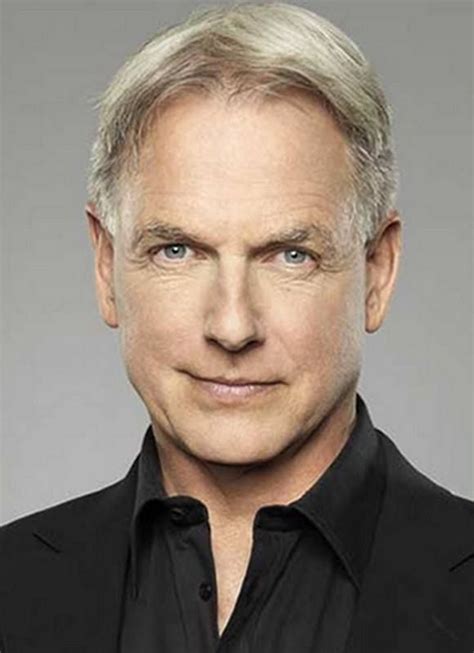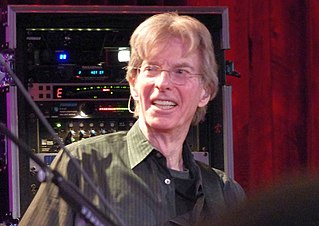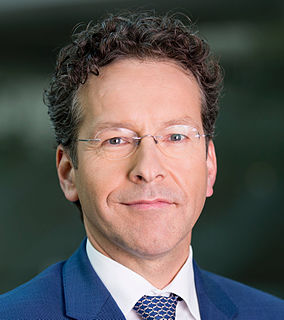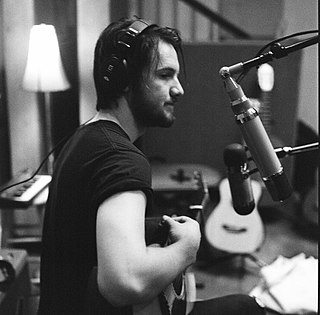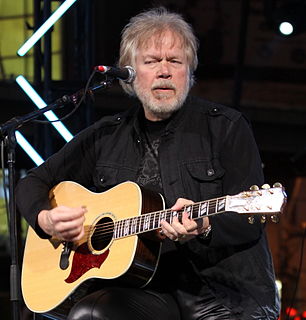A Quote by Bruce Chatwin
Music… is a memory bank for finding one’s way about the world.
Related Quotes
I have been especially fortunate for about 50 years in having two memory banks available-whenever I can't remember something I ask my wife, and thus I am able to draw on this auxiliary memory bank. Moreover, there is a second way In which I get ideas ... I listen carefully to what my wife says, and in this way I often get a good idea. I recommend to ... young people ... that you make a permanent acquisition of an auxiliary memory bank that you can become familiar with and draw upon throughout your lives.
There are three sorts of pleasures which are advantageous, and three which are injurious. Finding pleasure in the discriminating study of ceremonies and music, finding pleasure in discussing the good points in the conduct of others, and finding pleasure in having many wise friends, these are advantageous. But finding pleasure in profligate enjoyments, finding pleasure in idle gadding about, and finding pleasure in feasting, these are injurious.
Jesus, music has always been my first love. I use music in my work because it's the fastest way to an emotional place. You hear a song, and that memory comes right back-- you're there... Making music is immediate, and it's all about you. If you're playing guitar, the feeling comes through-- the way you bend the note, the intensity with which you hit the strings. With making films, although it's real emotion, it's false emotion. You're lying.
The main trend with the theme episodes is that anywhere there is a misconception about the way the physical world works, we're finding fertile material. Whether it's in a phrase like "going over like a lead balloon" or "a needle in a haystack," or tackling movie myths or even a genre, like MacGyver or James Bond, we're finding that all these things can lead to people believing the world works in a certain way. It might not be correct, but we can test out if it's true.
I think one of the main challenges that the World Bank faces is creating an organizational structure that doesn't get in the way of its staff. We have fantastic staff. People told me as I was coming into the organization that the greatest asset of the World Bank Group is its staff, and I think there's no question that that's the case.
The World Bank is the monopoly provider of poverty data and, partly due to a leadership change there, the World Bank's reporting has been heavily on the rosy side since about 2000. The Bank's cultivation of an upbeat picture affords a very interesting lesson in statistics and how you can, depending on which numbers you present and how you present them, create a more positive or more negative impression of the evolution of poverty.
What we've done last night is what I call pushing back the risks..If there is a risk in a bank, our first question should be 'Okay, what are you in the bank going to do about that? What can you do to recapitalise yourself? If the bank can't do it, then we'll talk to the shareholders and the bondholders, we'll ask them to contribute in recapitalising the bank, and if necessary the uninsured deposit holders.
Staying enthused about finding things; discovering new beauty in the world that can translate into music. That's the most precious sort of resource. You have to pull stuff from outside of the musical realm. Whatever muscle it is that it takes to listen to music and stay focused, in me, is really strong.
A song playing comprises a very specific and vivid set of memory cues. Because the multiple-trace memory models assume that context is encoded along with memory traces, the music that you have listened to at various times of your life is cross-coded with the events of those times. That is, the music is linked to events of the time, and those events are linked to the music.
Memory is strange. Scientifically, it is not a mechanical means of repeating something. I can think a thousand times about when I broke my leg at the age of ten, but it is never the same thing which comes to mind when I think about it. My memory of this event has never been, in reality, anything except the memory of my last memory of that event. This is why I use the image of a palimpsest - something written over something partially erased - that is what memory is for me. It's not a film you play back in exactly the same way. It's like theater, with characters who appear from time to time.


